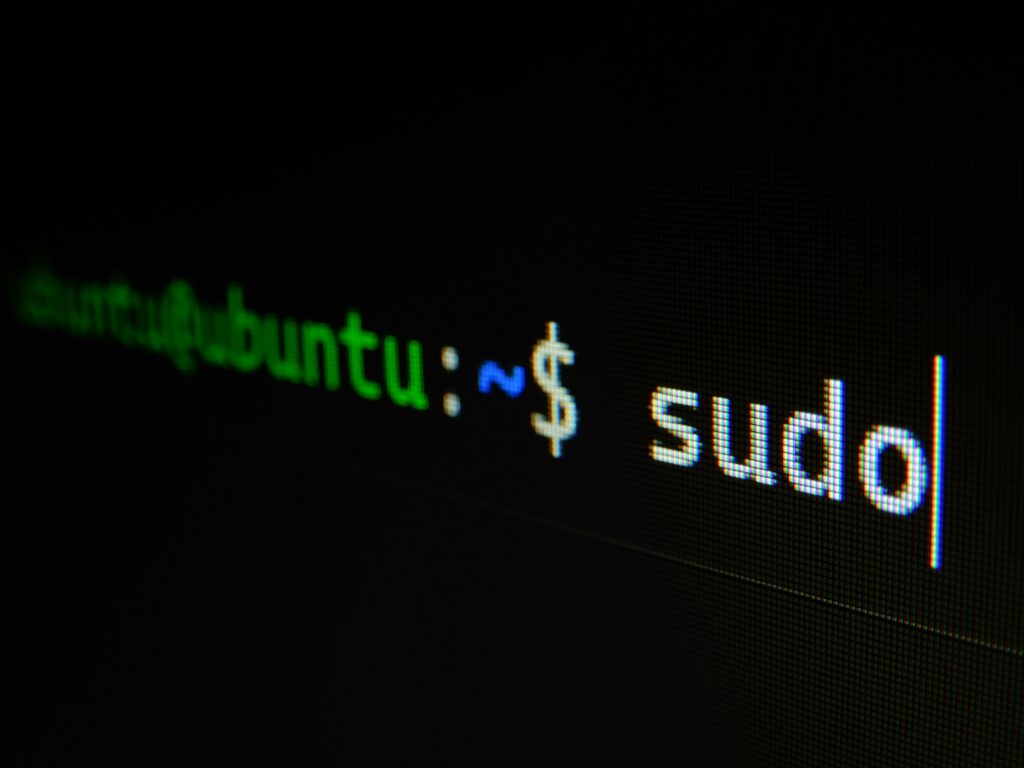The idea of taking lessons from a game often thought to depend on luck and risk-taking, and applying them to business, may seem like an unlikely one. But the truth is that the strategies used by successful poker players and entrepreneurs are surprisingly similar.
The difference between winning and losing in poker lies in a player’s ability to manage their money, their odds and those of their opponents. Take this theory and place it in a business context: any accomplished CEO knows that to make it in the industry you need to juggle acting realistically with following your intuition, all while respecting your budget. Strategic management expert Paul Schoemaker perhaps says it best: “Winning poker players and successful business leaders both do what most people don’t: Act rationally in the face of uncertainty rationality.”
Many successful businessmen and master gamblers share a certain unique quality. They can analyze situations and properly weigh in the odds to formulate a winning decision. That, together with level-headedness when it comes to risk taking, is in my opinion the formula for success. Let me share some of the best lessons I learned from the game.
Money, money, money
Working within a set budget is an essential for those who want to make long-term profits from poker, or those aspiring to manage their own company.
Keeping a cool head during play and not getting too free-handed with your chips is a no-brainer – too many ill-advised bets and you’re out of the game. On a business level, this can equate to knowing how to budget on a deal-by-deal or day-by-day basis.
However, the bigger budget risks lie in the long term. Grinding – or low-risk play aimed at making a steady profit – relies on an unpredictable and volatile income that demands moderation and responsibility. Poker players on a winning run often fall into the trap of getting too comfortable with the game, forgetting the need to put aside money for a rainy day. Even the most skilled players have seen hundreds of thousands of dollars – their entire bankroll – wiped out in the space of a few weeks. Hence another key poker lesson that businessmen can learn from: your best friend isn’t luck, but rather numbers; and notably, your profit margin.
Winning a round doesn’t necessarily mean you’ve made a net profit, just like selling products doesn’t always mean that you’re in the black. A budding entrepreneur can easily to lose track of their expenses and overspend, which can bury them during a bad sales streak. This is why knowing your turnover is key if you don’t want to lose sight of your real earnings and end up scraping the barrel.
Likewise, knowing how to react if and when money problems do arise is as crucial for a gamer as it is for an entrepreneur who doesn’t want to make a bad situation worse. Being financially aware means, for example, avoiding other problematic options such as borrowing money from family and friends and dodging your way around loan sharks – who have been known to charge interest rates of up to 719,000 percent.
Poker playing goes hand in hand with constant self-judgmentalness, and the ability to look at a situation through an objective view and know when you are being outplayed. It also means you must have the mental capacity to bear a loss. The same applies to businesses. Even Apple had its highs and lows, and often times entrepreneurs who are fixated on an idea and don’t know how to let go, fail.
Take your time and trust your tactics
Despite what amateurs looking to make a quick buck from gambling might think, poker definitely isn’t fast money. Patience and stoicism are indispensable qualities of the best, and richest, poker players – much like any rising businessman requires a real commitment to their cause.
Once again, crunching numbers goes hand in hand with this strategy. Poker players used to make millions of dollars grinding away at poker year after year by simply playing the statistics to their favor. As the CEO of Zappos.com Tony Hsieh explains from experience:
“Understanding the mathematics behind hold ’em and playing against players who didn’t was like owning a coin that would land on heads one-third of the time and tails the other two-thirds of the time, and always being allowed to bet on tails. On any individual coin flip, I might lose, but if I bet on tails a thousand times, then I was more than 99.99 percent guaranteed to win in the long run.”
Just as luck, bluffing and reading people become second to meticulous and lengthy technique in the long run, an entrepreneur can’t merely rely on charisma and good ideas to move forward. Those who’ve worked in business long enough appreciate the need to understand the mathematics – or the potential worth – of a company, concept or product. Working on maximizing these numbers patiently and persistently, although not blindly, for a significant amount of time is the only way of raising your odds of coming out victorious.
Remember though, being patient doesn’t mean getting lazy. If your strategy is to hold out for a top starting hand (such double aces), which you’re statistically only likely to be dealt them 2.1 percent of the time, then you’ve chosen a wasteful approach that will get you nowhere. Similarly, in business you can’t purely rely on time and chance for the next big opportunity to appear out of the blue. Do your research to find the most effective and lucrative paths and work your way towards them with determination and perseverance.
Taking the right risk at the right time
Needless to say, advancing in both poker and business also require taking certain risks. While the importance of calculating your own odds is rather self-explanatory, if you want to rise above the pack you’ll have to analyze not only your own but also your opponents’ chances and risks. This is called implied odds – i.e. the possibility of you making a profit by comparing your cards’ chances of winning to your stake in the pot. Here’s an example:
Imagine Player 2 has a 20 percent – or 1 in 5 – chance of winning, and there’s a $1,000 pot.
If Player 1 bets $300, Player 2 can assume that if they make the call then Player 3 will also call.
That would make Player 2’s $300 call worth a potential $1,900 pot, or more than five times the bet
That is to say, the potential return on Player 2’s bet is mathematically high enough to be worth the risk, seeing they would be getting over five times their money with odds of 20 percent.
Forecasting how your business clients or potential partners will react to a certain proposal is essential to making sure you only take the right risk at the right time. A parallel situation might see an entrepreneur deciding whether or not a certain investment is worth the risk. If their backing is likely to encourage other investors to pump money into a certain project, the entrepreneur may be more willing to take the plunge, as the project is more likely to succeed and generate a profitable return.
But it’s not all about numbers. Calculating risk also entails considering the chances of you getting duped by your opponents. Players with large stacks versus small stacks will behave in completely different ways. By keeping this and other factors in mind, you’re more likely to pick the right time to up the stakes and sweep the board.
A businessman can equally manipulate this kind of information to work a situation to their advantage. Getting key information on your main competitors is the best way of determining what their next strategies will be and staying one step ahead of the game.
It’s worth keeping in mind that the same rules also apply to your self-image as a businessman. Keeping your “tells” in check, and concealing your tactics will make you a less predictable and more confident competitor.
***
Whether you want to excel in the world of business or make a living off professional poker playing, you have to remember that the relationship between risk and reward is crucial, and the most likely factor to affect your future chances of success.
You have to demonstrate perseverance, because at times the right decision isn’t going to be the winning decision. No one can avoid a few slip ups on the rocky road to success, but if you know how to play your cards just right in the long run, you’ll be victorious.
Alon Rajic is the managing director of up-and-coming tech startup Finofin and poker enthusiast. In this article he gives advice on how his decade-long experience in playing his cards right was formative in launching his successful career and eventually as head of his own company.











